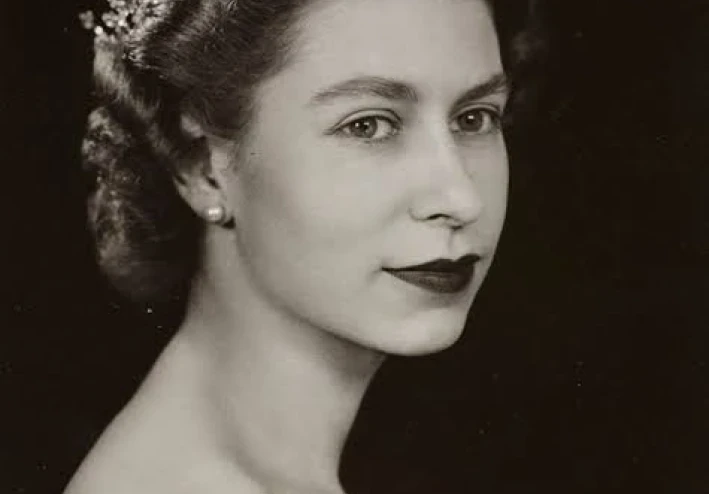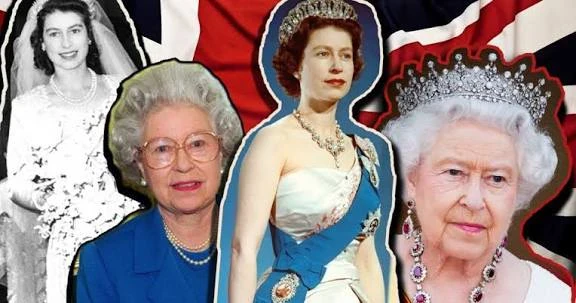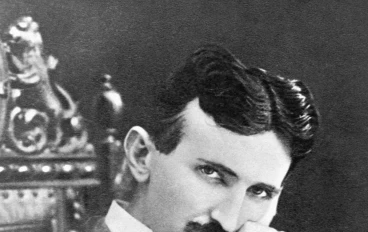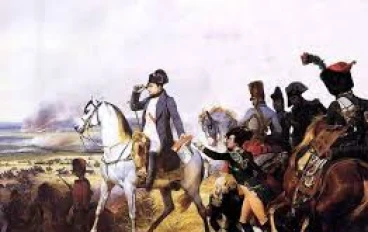
Queen Elizabeth II: A Legacy of Leadership
 Elizabeth II: A Legacy of Leadership
Elizabeth II: A Legacy of Leadership
Queen Elizabeth II was the longest-reigning monarch in British history, known for her unwavering dedication to duty and service.
Born on 21 April 1926, Elizabeth Alexandra Mary was not originally destined for the throne.
Her early years were shaded with the innocence of ordinary childhood joys, despite her royal lineage.
However, Her path changed in 1936 when King Edward VIII abdicated, and her father, George VI, became king.
Thus, Elizabeth was therefore given the role of heir presumptive at a young age.
The shadow of the Second World War fell across Europe when Elizabeth was just a teenager.
It was during these formative years that her patriotism and sense of duty began to crystallise.
She insisted on joining the Auxiliary Territorial Service in 1945, where she trained as a driver and mechanic, marking the beginning of a life dedicated to service.
Elizabeth's experience during the war cultivated a sense of resolve and a profound understanding of national spirit, qualities that would define her future reign.
On 20 November 1947, she married Prince Philip, Duke of Edinburgh, she had four children: Charles, Anne, Andrew, and Edward.
Her accession to the throne came on 6 February 1952, following the death of her father.
Her coronation the next year was a symbol of hope and continuity for a nation burdened with post-war recovery.
Elizabeth pledged to dedicate herself to her people, and her reign would become a testament to this promise.
Through the decades, Queen Elizabeth II presided over a transformational period in British history.
Her leadership adapted to global change, overseeing decolonisation and the transformation of empire into Commonwealth.
Her ability to adapt was evident, embracing technological advances and modernising the monarchy to remain relevant.
Despite her ceremonial roles, Queen Elizabeth maintained a steady presence in the political undercurrents of the time.
Her weekly audiences with Prime Ministers of the United Kingdom served as a stabilizing influence across various political landscapes.
The Queen's ability to remain apolitical allowed her to act as a confidante and adviser to leaders while upholding a neutral stance.
The Queen's reign was not without personal trials and tribulations.
From the public scrutiny of her family's private life to the challenges posed by a rapidly-shifting public perception of the monarchy, she remained resilient.
Her composed response during national tragedies, such as Princess Diana’s death in 1997, resonated with the public.
In 2022, Queen Elizabeth II celebrated her Platinum Jubilee, marking 70 years on the throne.
This unprecedented milestone mirrored her unprecedented influence, endearing her to multiple generations.
Her life story had become woven into the fabric of British identity, a symbol of enduring leadership.
Queen Elizabeth II passed away on the 8 September, 2022, leaving behind an indelible legacy.
Her unwavering commitment to her duties, her remarkable ability to remain a constant in an ever-changing world, and her dedication to her people, epitomized a life well-lived.
Her legacy of leadership is immortalised not only in history books but in the hearts of millions around the world.





































